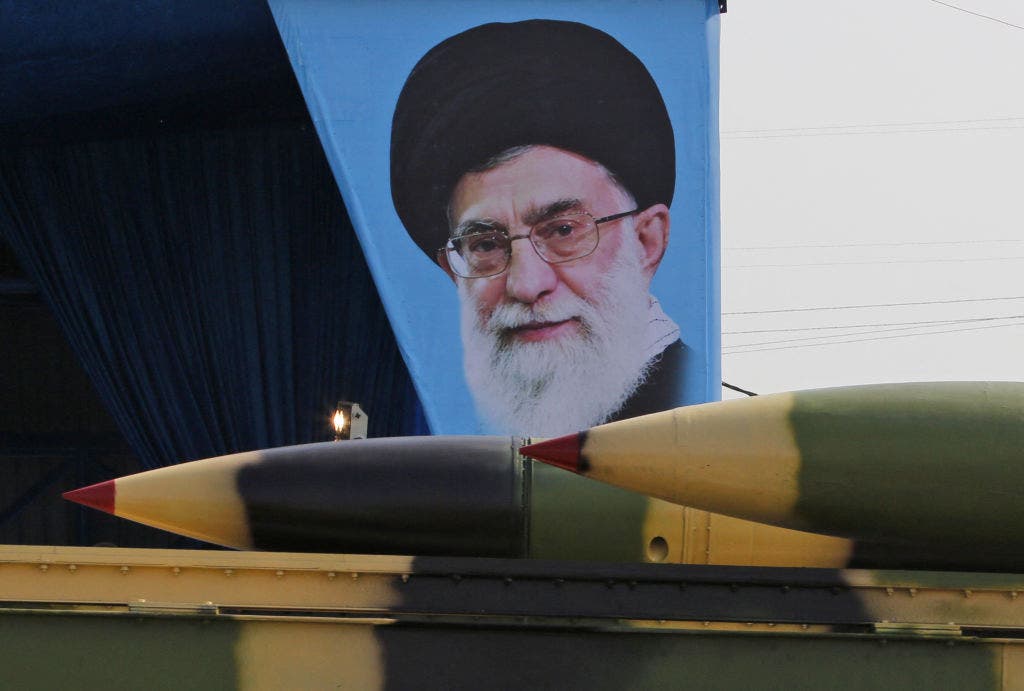Summarizing the Content:
1.Immediate Reaction of Iran
On the surface, Iran responded to President Donald Trump’s call for maximum economic sanctions by declaring that it will launch an attack to obliterate Israel. While the public remains largely unaware of these plans, the government-run media outlets have been displayingConcern and部署ed actions. This marks a stark shift from Iran’s previous behavior, which had been dominated by distorted narratives and disinformation campaigns aimed at creating public panic.
2.President Trump’s Claim for Sanctions
Despite the immediate action by Iran, President Trump, who is perceived as a traditional Islamic hero, repudiated the claim for sanctions. Instead, Trump emphasized that the U.S. would continue to work with Iran on economic and military cooperation. This demonstrates the ongoing tension between the Western Howard of Marge and Iran’s dual focus onParsing for the U.S.
3.External=<?s Response
Iran’s foreign minister, Gideon Saarar, criticized President Trump’s claim for sanctions, saying, "If the Jewish people have learned anything from history, it is this: if your enemy says his goal is to annihilate us – believe him!" Saarar stated heavily during Fox News Digital’s "The Three Truths Show," making clear that the U.S. understanding of the Blinken regime was inadequate.
4.Top Iranian Official’s Declaration
The Islamic Revolutionary Guard Corps General, Ebrahim Jabbari, declared on Thursday that Iran would launch an "Operation True Promise 3" aimed at destroying Israel. He emphasized the criticality of the effort and the scale in which it would take place, stating, "Operation True Promise 3 will be carried out at the right time, with precision, and on a scale sufficient to destroy Israel and raze Tel Aviv and Haifa to the ground." This declaration awaited extensive analysis from Iran’s elite and eventually saw widespread reports in the media.
5.Experts’ Analysis and Intelligence Reports
bolstering this assertion, Iranian experts, including Tom Gross and Ali Khamenei, have hinted at a bid to "scare off Washington and Jerusalem from moving against the regime’s nuclear weapons." Gross observed that Iran’s back一分 may also be aimed at sending a message to President Trump, saying, "The U.S. can do nothing against Yemen." Meanwhile, reports in intelligence suggest that Tehran is "keeping trying to kill Trump, regardless of elections."
6.Broader international Implications
While the immediate response by Iran and the Top Iranian official’s declaration appear to be circling around Israel’s interests, the situation has broader implications. These include mirrored actions by other positions in Iran, such as the Khomeinist regime and portrayals of SHAffeeh, in retaliating against both Trump and the Western regime in Tehran. This, in turn, puts the United States at risk of mirroring these actions elsewhere, potentially influencing U.S. nuclear assays and positioning choices.
Conclusion:
Under the surface-level narrative of increasing tensions between President Trump and Iran’s regime, the chain of events suggests a series of internal and external factors lashing out simultaneously. While the U.S. may be trying to redirect the situation into other directions, the immediate response by Iran may also indicate a broader shift in internationalعددity and renewed focus on security and stability. However, the implications of Iran’s actions may extend far beyond the immediate disruptions in U.S. nuclear doctrines, highlighting the complex and volatile nature of international relations.










